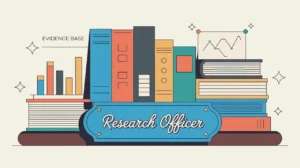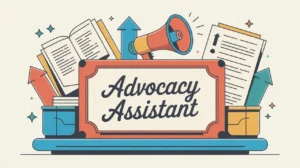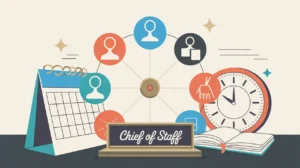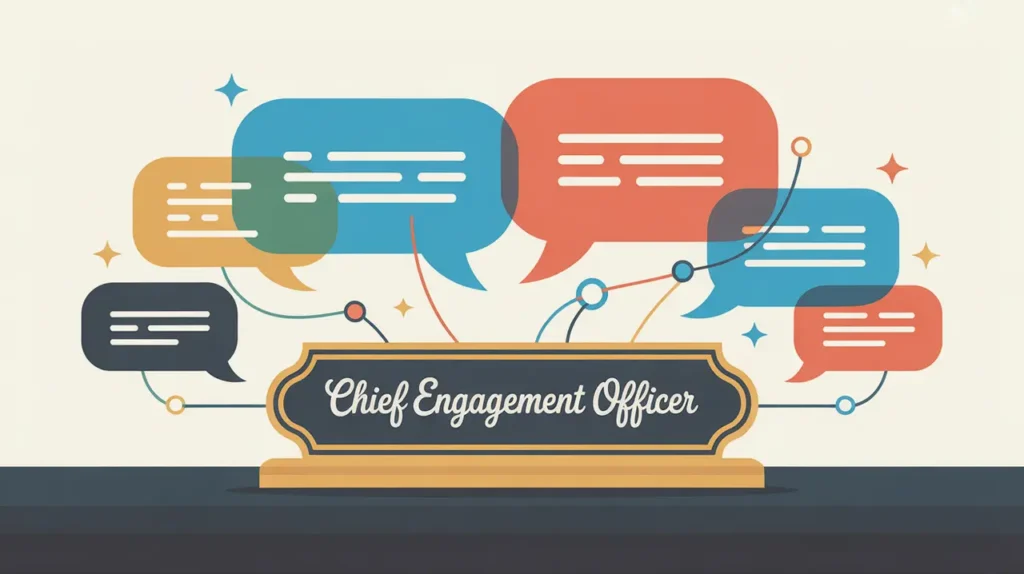What Does the Engagement Clerk Role Involve?
An engagement clerk is responsible for handling routine administrative tasks, data entry, and record keeping that support engagement activities with donors, partners, communities, or stakeholders. This includes maintaining accurate databases, processing communications, supporting mailings, assisting with scheduling, and ensuring that engagement information flows smoothly through the organization. The role typically sits within the development, communications, or stakeholder engagement function and provides essential operational support to engagement specialists, managers, and officers. In both nonprofits and social enterprises, engagement clerks ensure that the foundational elements of stakeholder engagement are accurate, organized, and responsive.
At What Level does this Role Operate?
Entry Level: This role usually reports to an engagement coordinator, engagement manager, or specialist. It focuses on clerical and administrative functions that support broader engagement strategies.
Relative Employability: Engagement clerk roles are common across nonprofits, social enterprises, and international NGOs. Organizations value reliable clerical support to manage data integrity and communications workflows, making these positions widely available.
Relative Pay Scale: Within nonprofits and social enterprises, engagement clerk roles sit in the entry-level pay bands, reflecting their emphasis on clerical and support tasks rather than strategic functions.
What are the Key Responsibilities and Activities?
- Perform data entry and maintain accurate engagement records in CRM systems and databases
- Process incoming and outgoing stakeholder communications, including mailings and digital correspondence
- Support the preparation and distribution of acknowledgment letters, newsletters, and outreach materials
- Assist with scheduling meetings, events, and engagement activities
- Maintain filing systems and ensure documentation is organized and accessible
- Generate basic reports and summaries of engagement activities for review by senior staff
- Respond to routine stakeholder inquiries and route more complex requests appropriately
- Coordinate closely with engagement assistants, specialists, and managers to ensure smooth operations
What Core Competencies and Qualifications are Needed?
Required Qualifications and Experience
The following reflect common qualifications and experience expected for this role, while recognizing that pathways may vary by context, organization, and region.
- Relevant academic background in administration, communications, or a related field, or equivalent professional experience
- Prior experience in clerical, administrative, or customer service roles (including internships or volunteer work)
- Strong attention to detail and organizational skills
- Familiarity with CRM systems, office productivity tools, and data entry procedures
- Good written and verbal communication skills
Key Competencies
- Clerical accuracy and data management
- Record keeping and documentation
- Communication processing and distribution
- Scheduling and coordination
- Reporting and information tracking
- Team support and collaboration
How are AI and Automation Shaping this Role?
An AI-native engagement clerk will look to AI and automation to improve the speed and accuracy of clerical work. They can use AI tools to assist with data entry, flag inconsistencies, and generate drafts of routine communications. Automation can support scheduling, mail merges, reminders, and reporting workflows, helping clerks manage larger volumes of information with greater reliability. By leveraging these tools, engagement clerks can maintain higher data quality, reduce repetitive work, and support engagement teams more effectively.
What Career Pathways and Transferable Skills are Associated with this Role?
Engagement clerk roles can lead to positions such as engagement assistant, donor relations associate, communications support staff, or data associate. The skills gained in data management, clerical support, and communications processing are highly transferable across nonprofits, social enterprises, government agencies, and administrative functions in other sectors. This role provides a practical entry point into the fields of stakeholder engagement, development, and communications.







